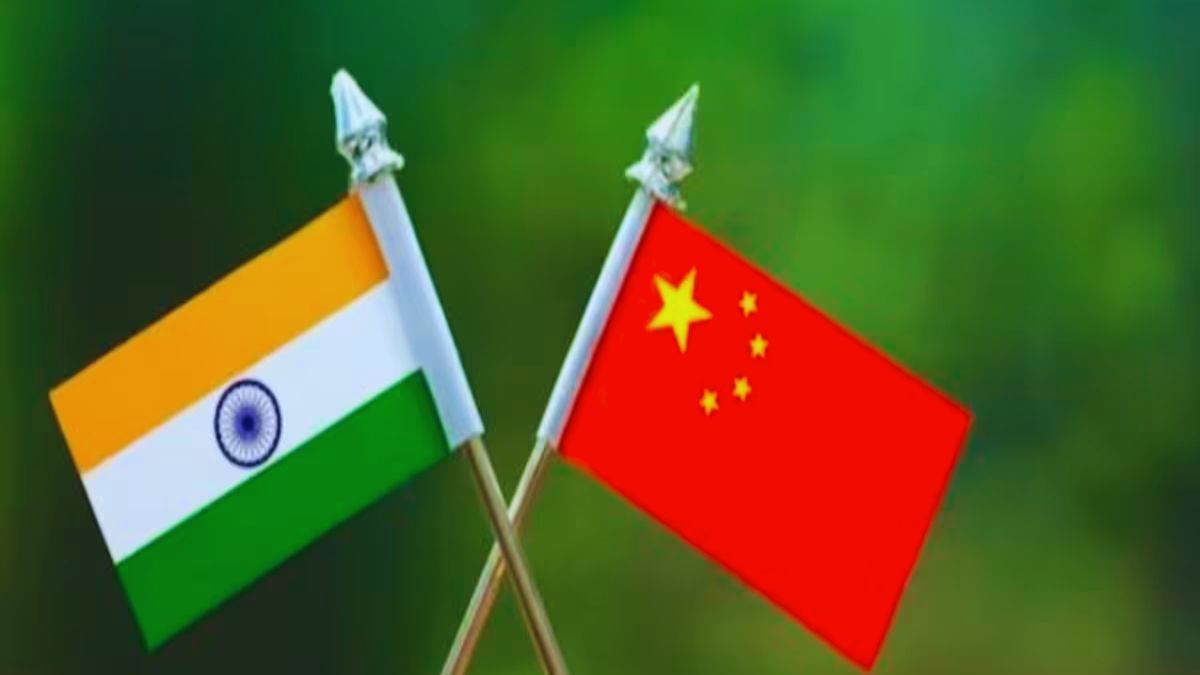In a dramatic turn of events, India has made a bold decision to pull out of the games in China, citing a contentious visa controversy involving athletes from Arunachal Pradesh. The decision came shortly after New Delhi airport authorities denied boarding to an eight-member contingent, comprising five athletes, a coach, and two support staff, for a flight to China late on Thursday night, as disclosed by coach Raghvendra Singh.
Also Read: Jersey Mix-Up Puzzles Fans as Suryakumar Yadav wears Sanju Samson T-Shirt
While the group stopped from boarding did not include athletes from Arunachal Pradesh, who were scheduled to leave on a 1.05 am flight on Friday, the issue of stapled visas raised serious concerns. Arindam Bagchi, the spokesperson for the Ministry of External Affairs, expressed strong disapproval of the Chinese decision, deeming it “unacceptable.” He emphasized that “India reserves the right to suitably respond to such actions.”
The issue centres around the issuance of stapled visas to certain Indian citizens who were representing the country in an international sporting event in China. This discriminatory action by China has been met with strong protests from India, with Bagchi reiterating India’s consistent stance on the matter. “Our long-standing and consistent position is that there should be no discrimination or differential treatment based on domicile or ethnicity in the visa regime for Indian citizens holding valid Indian passports,” he asserted.
An official from the Wushu Federation of India, preferring anonymity, shed light on the government’s response to China’s discriminatory action. The government decided that no Indian wushu player would travel for the competition in response to China’s stance. Consequently, even though other athletes had valid travel documents, they were not allowed to board the flight.
The issue of denied visas has been an ongoing concern for India, especially with regards to people from Arunachal Pradesh. China has consistently denied stamped visas to Indian citizens from the region, citing territorial disputes. Despite India’s persistent efforts to address the issue with China, stamped visas continue to be denied.
In the recent incident, the athletes applied for visas on July 16. While the applications for the rest of the team were processed on time, the documents of three Arunachal athletes – Nyeman Wangsu, Onilu Tega, and Mepung Lamgu – faced rejection. Consequently, they were requested to resubmit their applications, and on Wednesday afternoon, the Chinese embassy returned their passports with stapled visas.
In light of the situation, the government put the team’s participation on hold before ultimately deciding on Thursday that India would not participate in the wushu competition of the University Games in China.
This is not the first time that China has issued stapled visas to athletes and officials from Arunachal Pradesh. Instances from the past include five karatekas being given stapled visas in 2011 for a competition in Quanzhou, two archers facing the same issue ahead of the Youth World Championships in 2013, and the manager of the Indian badminton team being denied a Chinese visa in 2016 due to his Arunachal Pradesh origin.
The situation has escalated tensions between India and China, highlighting the complexities of the territorial dispute and visa issues. The withdrawal from the games in China has sent shockwaves through the sports world, sparking debates and discussions on the larger implications of this visa controversy.
FAQs realted to Why India Pulls Out of Games in China
Q. What led to India’s decision to pull out of the games in China?
A: India’s decision to pull out of the games in China was a response to the issuance of stapled visas to athletes from Arunachal Pradesh, which the Indian government deemed as discriminatory and unacceptable.
Q: What are stapled visas, and why are they controversial?
A: Stapled visas are a type of visa that are affixed to a separate piece of paper rather than being stamped directly into the passport. They have been a source of controversy because China has consistently denied stamped visas to Indian citizens from Arunachal Pradesh, citing territorial disputes.
Q: How did the Indian government respond to the visa controversy?
A: The Indian government strongly protested against China’s discriminatory action and expressed its disapproval. The Ministry of External Affairs asserted India’s long-standing position that there should be no discrimination based on domicile or ethnicity in the visa regime for Indian citizens holding valid Indian passports.
Q: Has this visa issue occurred in the past between India and China?
A: Yes, this is not the first time China has issued stapled visas to athletes and officials from Arunachal Pradesh. Similar incidents were reported in the past, leading to tensions between the two countries.
Q: Is there a possibility of resolving the visa issue and reconsidering India’s participation in future events in China?
A: The resolution of the visa issue would require mutual understanding and cooperation between India and China. Whether India will reconsider its participation in future events would depend on the resolution of the visa dispute and the measures taken to prevent such issues from recurring.





